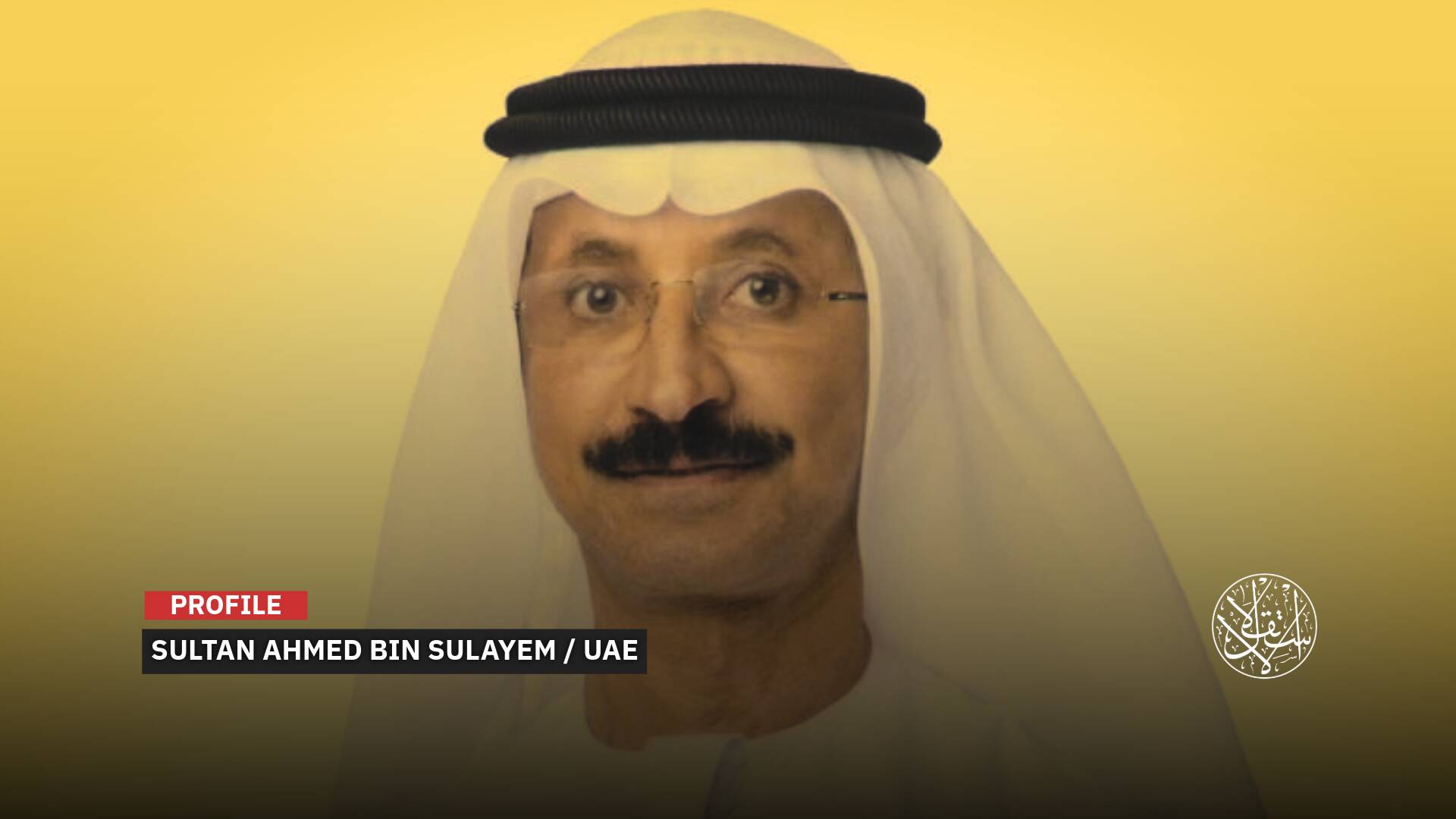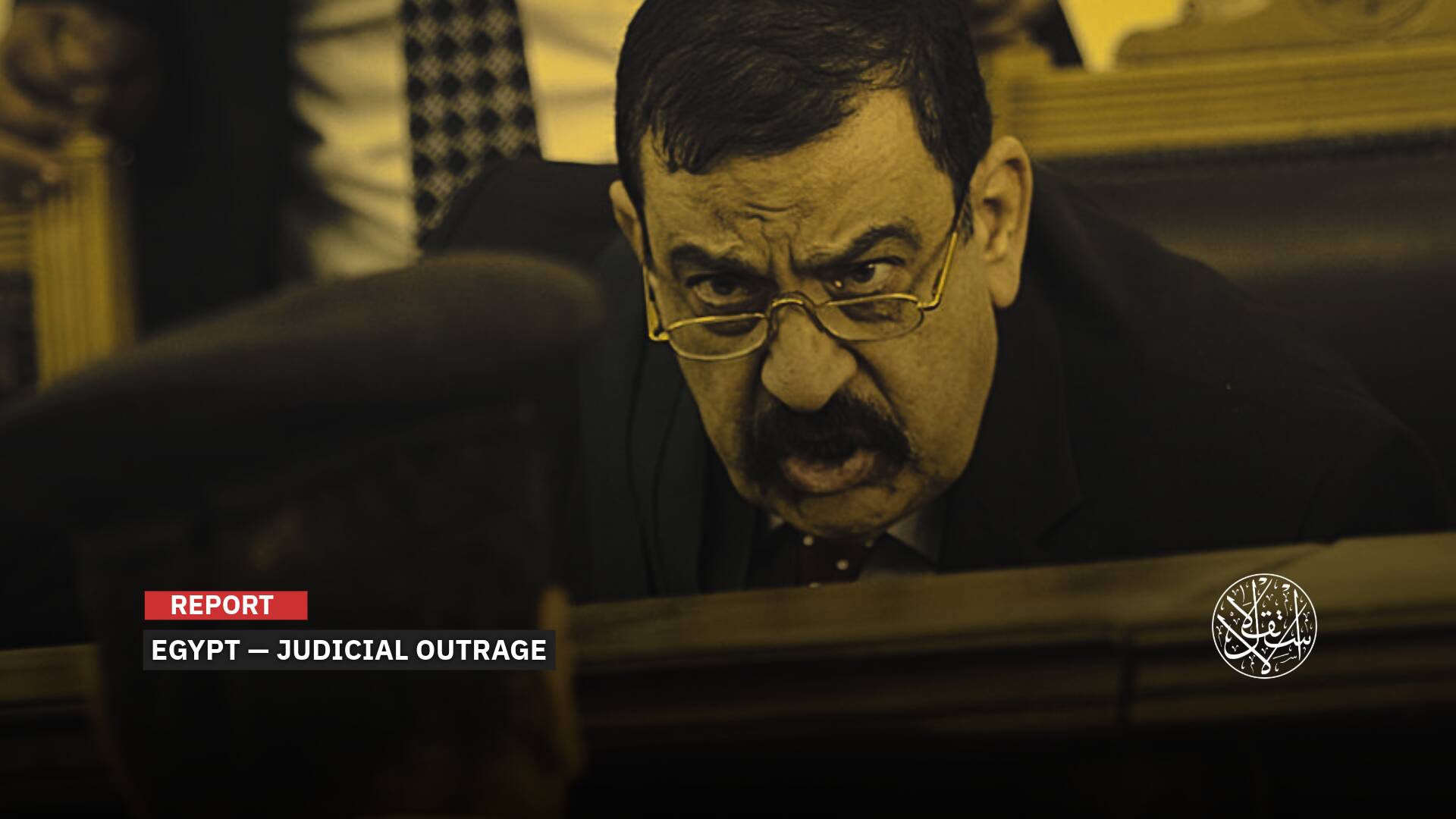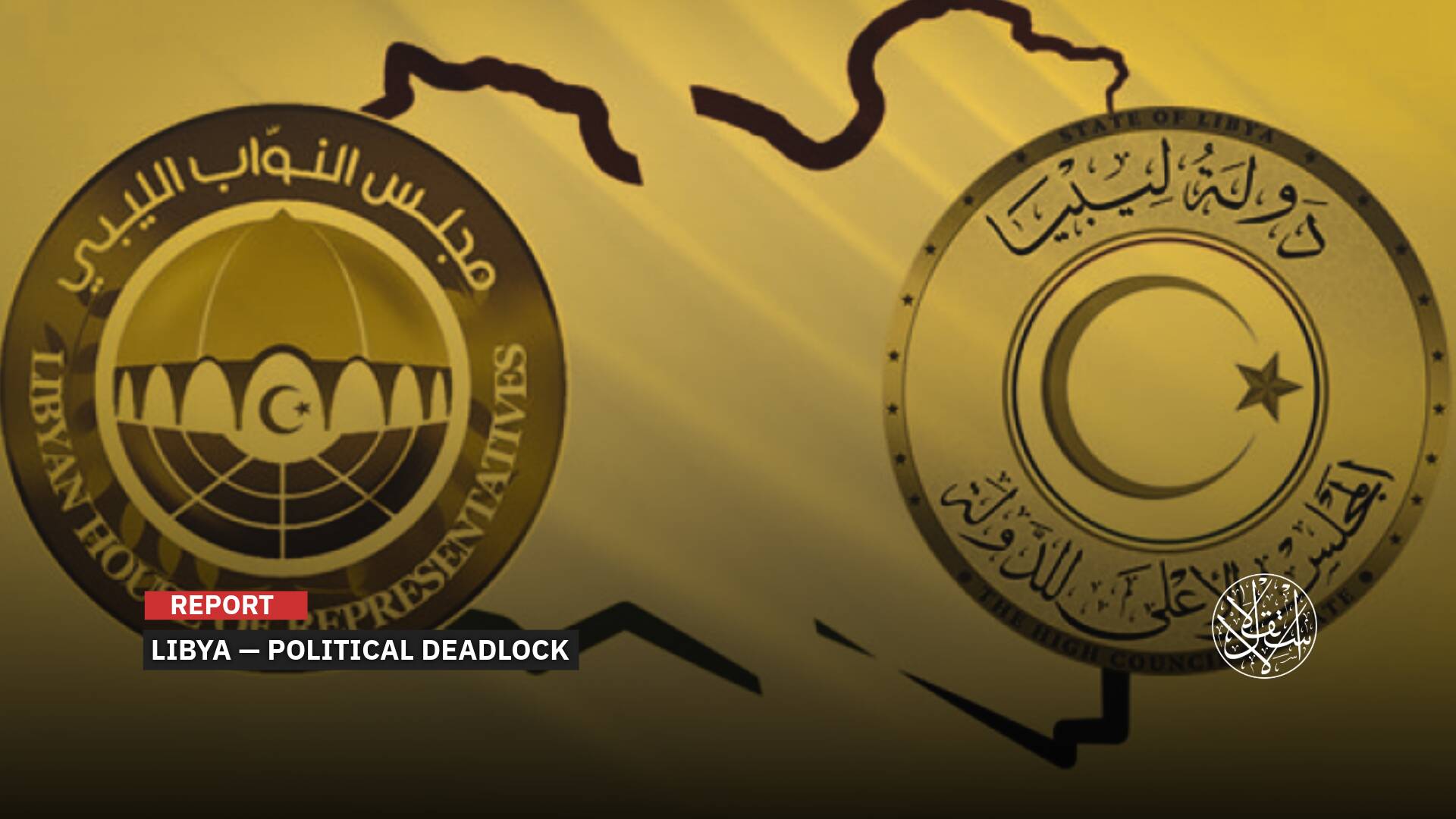After Bloody Elections: How Claudia Sheinbaum Became Mexico's First Female President

“In 2018, Claudia Sheinbaum became the first female mayor of Mexico City.”
For the first time since its independence from the Spanish crown in 1821, Mexico chose a woman as its new president, in elections characterized by unprecedented bloodiness, during which dozens of candidates were shot dead by criminal organizations, whose violence constitutes the greatest challenge facing the new President, Claudia Sheinbaum.
Sheinbaum's percentage exceeds that won by current President Andres Manuel Lopez Obrador in 2018, in a country whose readiness for a woman to assume the presidency is questionable.
She will be the first Jewish president in a country with one of the largest Catholic populations in the world.
Although she is not religiously observant, Sheinbaum identifies as culturally Jewish and has spoken about her heritage in the past.
The president-elect will also have to strengthen the welfare state in the context of a deteriorating budget. Expectations indicate a deficit of 5.9% of GDP in 2024, the largest in decades.
She will also have to manage the sensitive and complex bilateral relationship with the United States, especially regarding thorny issues such as drug smuggling and cross-border migration.
The two countries are supposed to renegotiate in 2026 the free trade treaty that unites them with Canada.
Bloody Elections
The candidate of the ruling left in Mexico, Claudia Sheinbaum, won the presidential elections by a wide margin over her right-wing competitor, according to results issued by the National Electoral Institute.
The former mayor of Mexico City achieved 60% of the votes — an unprecedented percentage in this country — surpassing her rival, opposition candidate Xochitl Galvez, who received 28% of the votes, while the independent candidate Jorge Alvarez Maynez received 11.5% of the votes.
The National Electoral Institute confirmed that the ruling leftist party obtained a majority in the Senate and the House of Representatives, and the victory of its candidate for mayor of the capital, Mexico City.
The elections in Mexico were marred by violence, in a country undermined by drug cartel violence.
UN Women reports that every day, an average of 9 to 10 women are killed in Mexico.
A candidate was previously killed in the local elections in the state of Puebla on May 31, while another candidate was killed at night, a few hours before the opening of polling stations in the west.
Thus, the number of candidates who were assassinated in the framework of the 2024 elections rose to 37 candidates, which is one candidate more than the number during the 2021 midterm elections, when 36 candidates were assassinated, according to data from the Integralia security consulting firm.
Gang-related violence has left about 450,000 victims and more than 100,000 missing since 2006, the year President Felipe Calderon (2006–2012) launched a military offensive against drug traffickers.

Claudia Sheinbaum
Claudia Sheinbaum was born in Mexico City in 1962 to a secular Jewish family that immigrated from Lithuania and Bulgaria in the early 1940s to escape the Holocaust. Her father was a chemical engineer, and her mother was a biologist.
While studying for her undergraduate degree at the National Autonomous University of Mexico (UNAM), Sheinbaum became immersed in student politics, protesting the privatization of public education.
She studied energy engineering at the University of California, Berkeley, where she became fluent in English and earned a master's degree, before returning to the same university to study for her doctorate.
After her graduation, Sheinbaum entered politics in 2000. According to CNN, she served as Mexico City's Minister of Environment from 2000 to 2006 during outgoing President Obrador's tenure as mayor.
In 2007, she joined the Intergovernmental Group of Experts, formed by the United Nations, on climate change, which later won the Nobel Peace Prize.
In the following years, Sheinbaum worked between academia and politics, but she always remained close to Obrador.
When he founded the Morena Party in 2014, he asked her to run on the party's ticket for mayor of Tlalpan, a neighborhood in Mexico City.
In 2015, she became the first elected woman president of the Tlalpan district in the capital and remained in office until 2017.
She received criticism for accidents in the infrastructure she oversaw during her tenure, including several deaths that occurred during the 2017 Tlalpan earthquake.
However, in July 2018, she was elected head of the city government again, the first woman to hold this position, but she stepped down in June 2023 to begin arrangements for her candidacy for the presidency.
In 2018, Sheinbaum was named one of the BBC's 100 Women.

Difficult Missions
In addition to the lack of security and the increasing power of criminal gangs — which have been killing at least 30,000 people every year for years — Sheinbaum, the scientist-turned-politician, faces an arduous task.
The murder rate per 100,000 people declined from 28 crimes in 2018, according to the World Bank, to 23.3 in 2023, according to the Insight Crime Foundation.
Former President Andres Manuel Lopez Obrador allowed drug cartels to expand their influence in the second-largest economy in Latin America.
Sheinbaum pledged earlier to continue the current policy based on combating the causes of violence instead of comprehensive repression, while fighting the policy of impunity.
Towards the end of his term, Obrador engaged in an unprecedented spending spree, having passed welfare allowances that endeared him to the poor and working people, but left the country saddled with its largest fiscal deficit since the 1980s.
With the economy weak, Sheinbaum must also find a permanent solution for state-owned Petroleos Mexicanos, the world's most indebted oil company, which has become a burden on public finances.
Credit rating companies have already warned that any action could cost Mexico its investment grade.
Obrador has succeeded in stimulating economic growth by supporting the oil industry in Mexico, but Sheinbaum rejects this policy and is pushing for a transition from polluting fossil fuels to nationally supported renewable energy.
Sheinbaum will have the opportunity to put her own stamp on Mexico's climate and migration policies once she takes office on October 1.
In a sign of potential change, she said in a recent debate that she would seek to reform the country's migration service, an agency often accused of corruption, according to The New York Times.

This radically feminine shift in Mexico's political landscape — the largest Spanish-speaking country in the world — is the result of a long period during which women held a number of prominent positions, such as the presidency of the Supreme Court.
This change in Mexico coincided with a decline in the popularity of prominent political leaders, often under the weight of scandals and corruption.
The legislative reforms approved by the Mexican Parliament in recent years contributed to accelerating the pace of this change.
However, the overwhelming masculinity in Mexican society, in which criminal gangs constitute the fifth source of job opportunities, dictates caution and anticipation to see the final repercussions of this shift that is being led for the first time in the country’s history by a woman.










